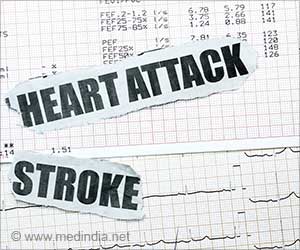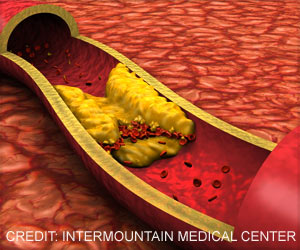Chest pain, sweating, and discomfort are the familiar signs of a heart attack but some uncommon signs such as jaw pain, burping, heartburn, and abdominal pain often go unnoticed, mainly in case of a mild heart attack.

‘Every minute matters when it comes to heart attacks, and therefore a person should seek emergency medical attention if they or someone else experiences jaw pain or other symptoms.’





One of the most common symptoms of a heart attack is chest pain. This pain lasts for a couple of minutes, or it goes away and returns.The chest pain experienced in a heart attack is described as an uncomfortable squeezing, pressure, pain, or fullness. Apart from chest pain, radiated pain can cause other symptoms of a heart attack.
When pain radiates, it affects the nerves and spreads from the original pain points to other areas of the body. Therefore, during a heart attack, an individual may experience radiating pain in their jaw, back, one or both arms, neck, and stomach.
If a person is experiencing jaw pain in combination with shortness of breath, sweating, and dizziness, it is reasonable to suspect a heart attack.
The warning signs of a heart attack vary between females and males. While both males and females can experience chest pain or discomfort, other symptoms may differ.
Advertisement
Jaw pain can also occur due to a variety of conditions that are unrelated to a heart attack, so doctors assess a person’s jaw pain with other symptoms to determine whether the jaw pain is due to a heart attack or another condition.
Advertisement
Source-Medindia















